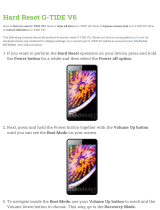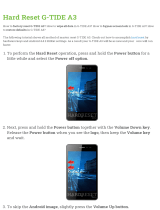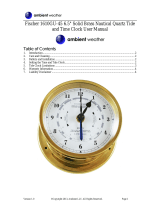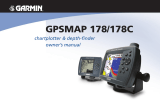
ii GPSMAP 292/298 Owner’s Manual
INTRODUCTION > TABLE OF CONTENTS
Table of Contents
Introduction ...........................................................................i
About This Manual ................................................................... i
Warning ................................................................................... iv
Important Information ............................................................ iv
Basic Operation ...................................................................1
Turning on the GPSMAP 292/298 ........................................... 1
Using Simulator Mode ............................................................ 3
Adjusting the Backlight .......................................................... 4
Using the GPSMAP 292/298 Keypad ..................................... 5
Entering Data and Selecting Options .................................... 6
Using the Map Pointer ............................................................ 7
Creating and Using Waypoints .............................................. 8
Man OverBoard (MOB) .......................................................... 10
Reviewing and Editing Waypoints ....................................... 11
Navigating to a Destination .................................................. 12
Routes .................................................................................... 17
Find ........................................................................................ 19
Additional Information .......................................................... 21
DSC ......................................................................................... 21
AIS .......................................................................................... 25
Main Pages .........................................................................26
Map Page ................................................................................ 27
Compass Page ....................................................................... 32
3D Highway Page .................................................................. 33
Active Route Page ................................................................. 36
Main Menu ..........................................................................37
GPS Tab .................................................................................. 37
Tide Tab .................................................................................. 40
Trip Tab ................................................................................... 44
Celes (Celestial) Tab ............................................................. 45
Points Tab .............................................................................. 46
Route Tab ............................................................................... 51
Track Tab ................................................................................ 57
DSC Tab .................................................................................. 59
Card Tab ................................................................................. 59
Msgs Tab ................................................................................ 60
Pages Tab ............................................................................... 61
Map Tab .................................................................................. 61
Hiway (Highway) Tab ............................................................. 64
Temp (Temperature) Tab ....................................................... 64
Sonar Tab ............................................................................... 64
Systm (System) Tab ............................................................. 65
Alarm Tab ............................................................................... 70
























